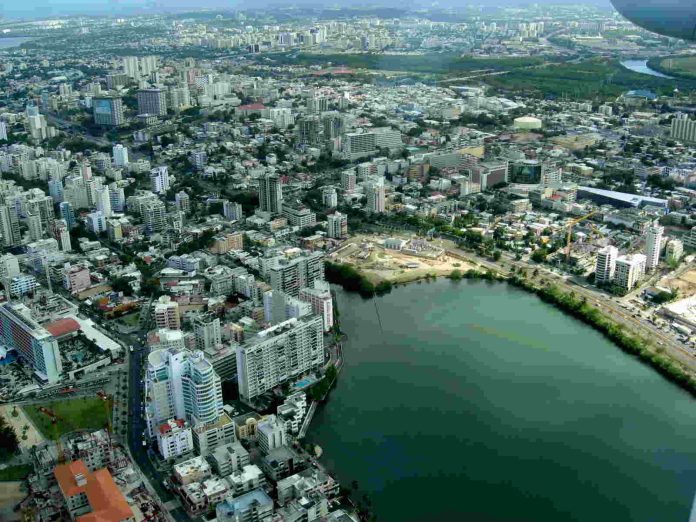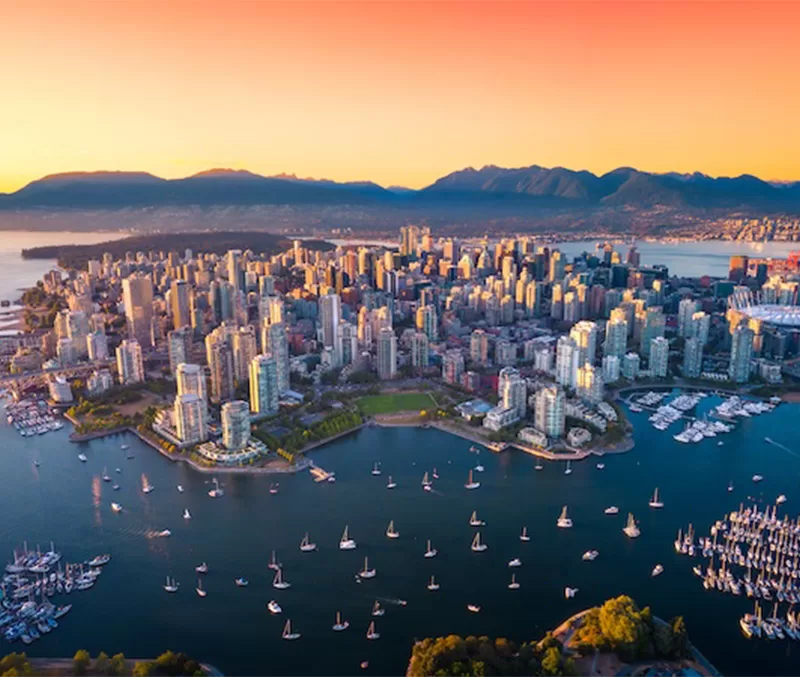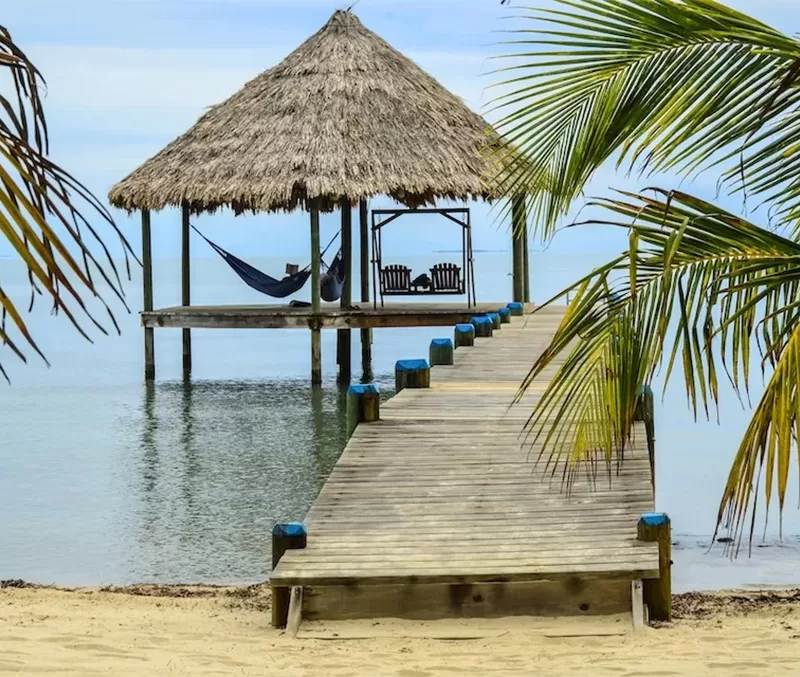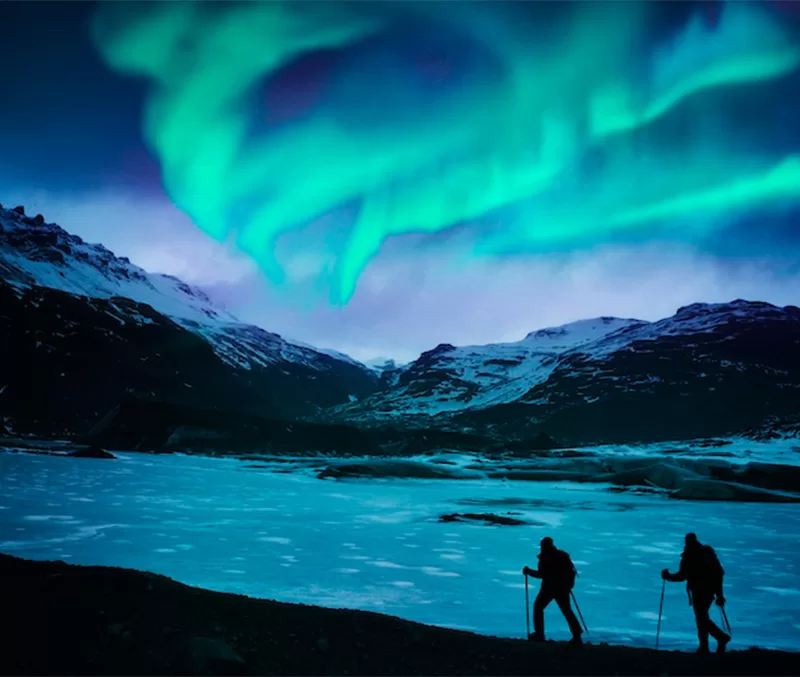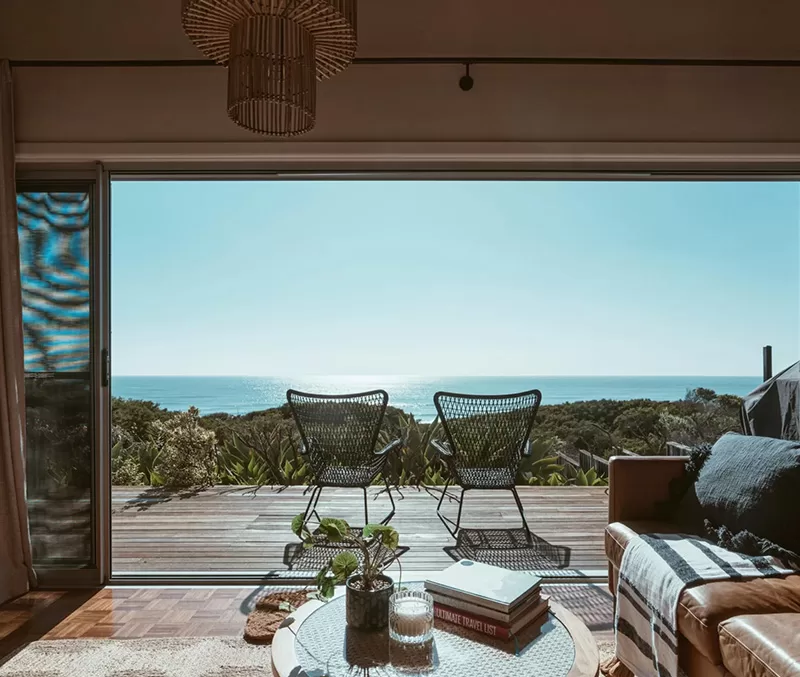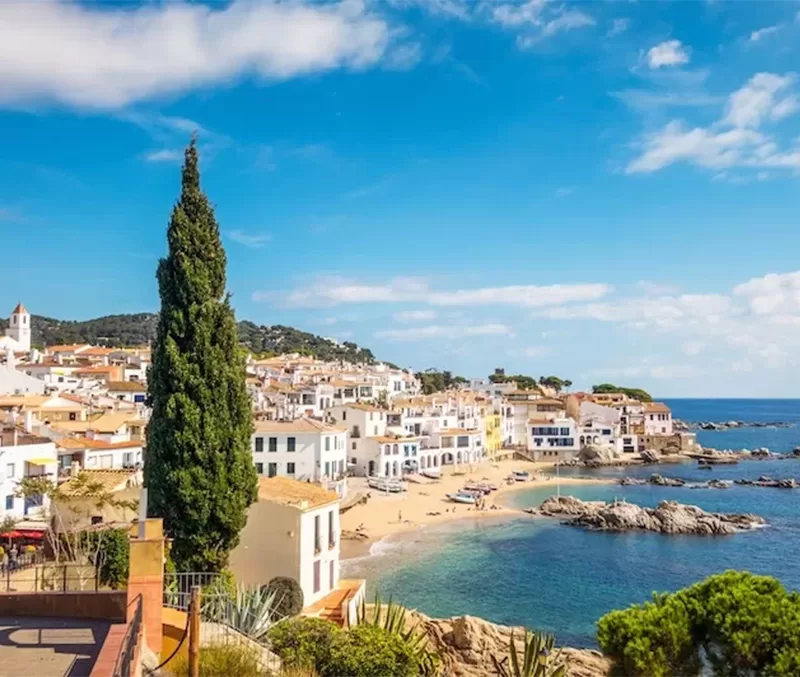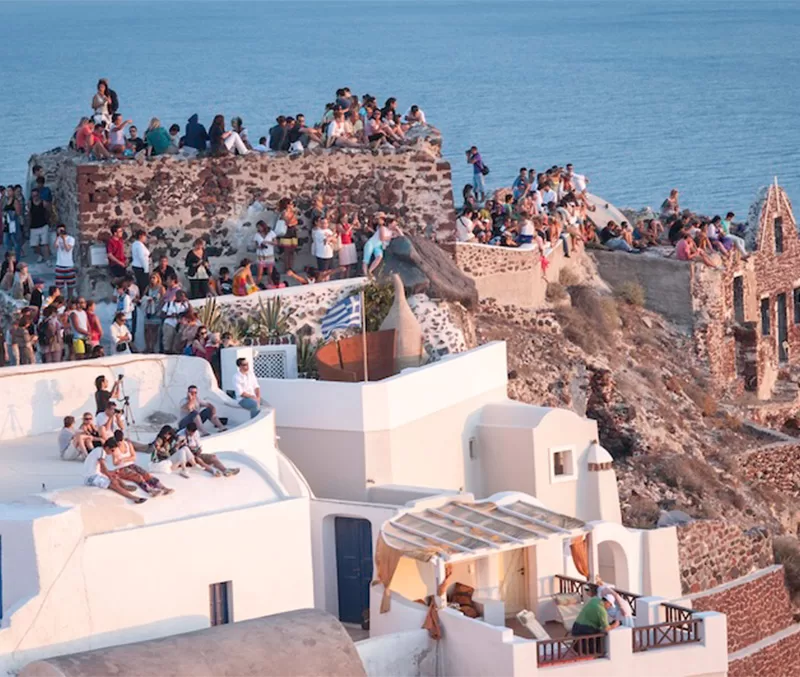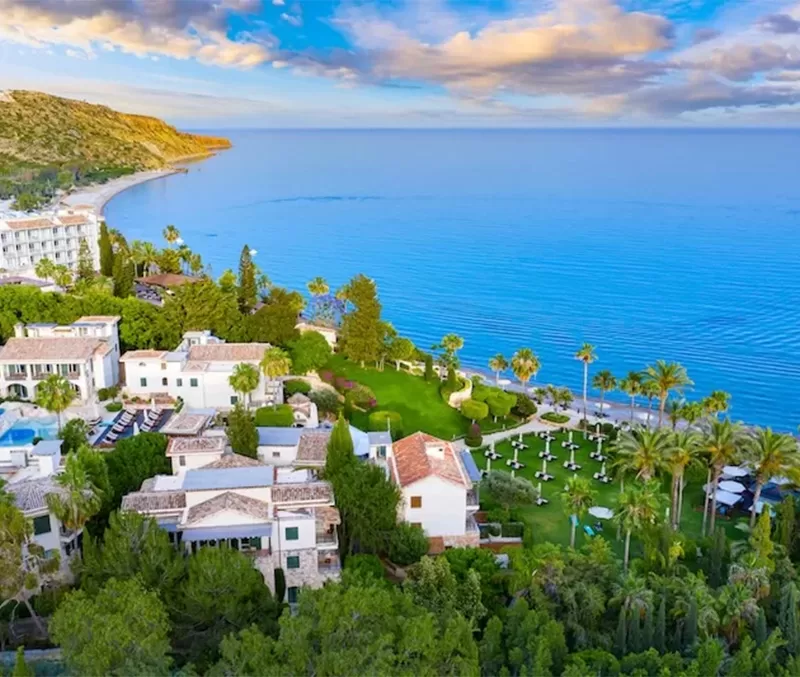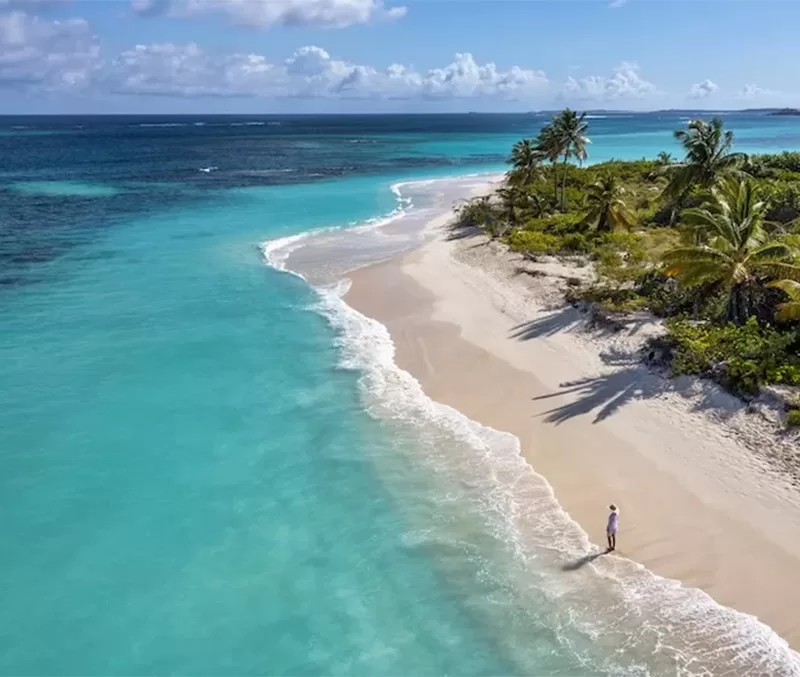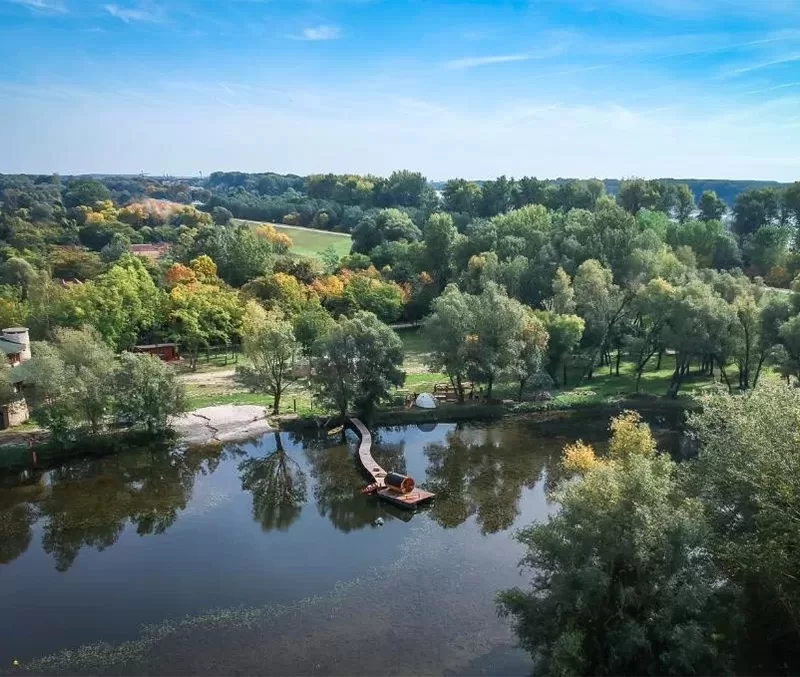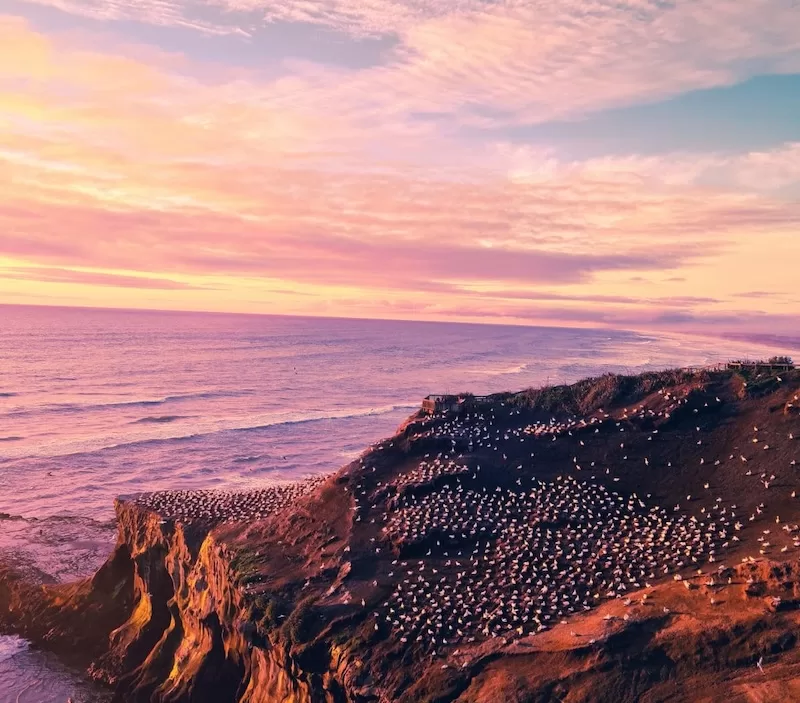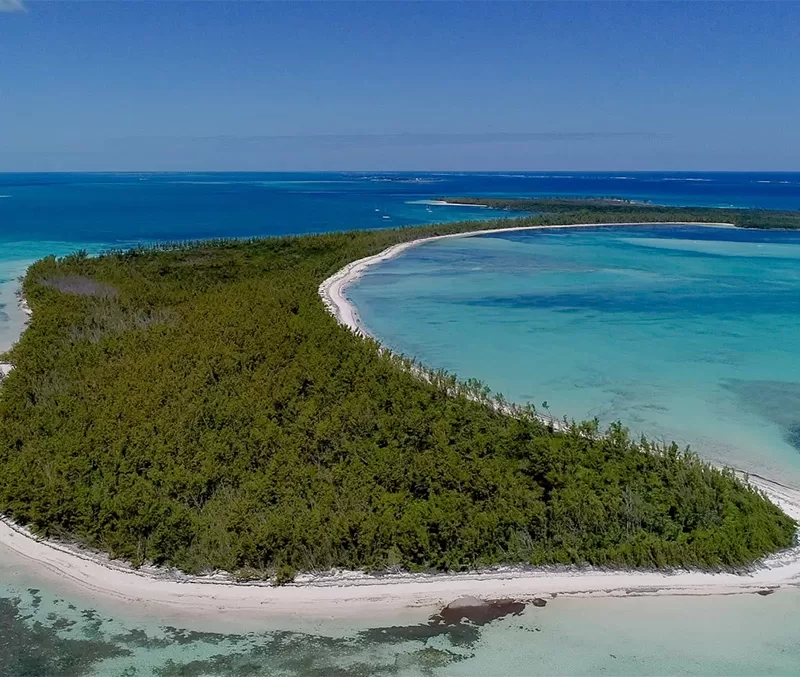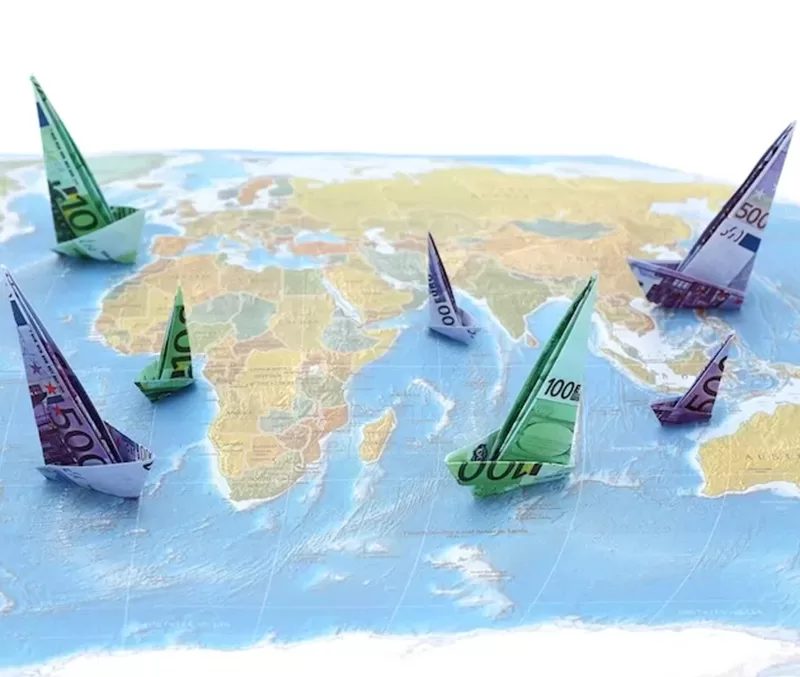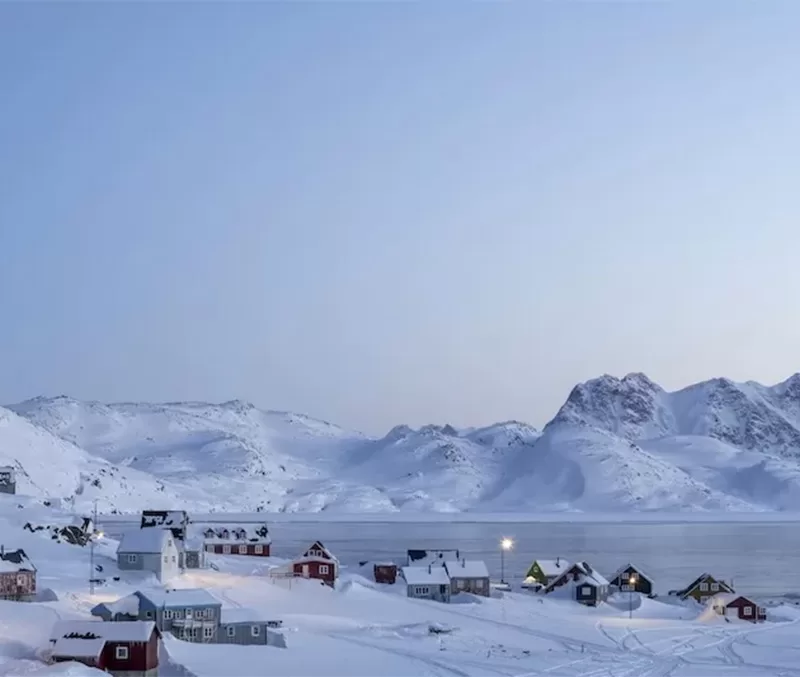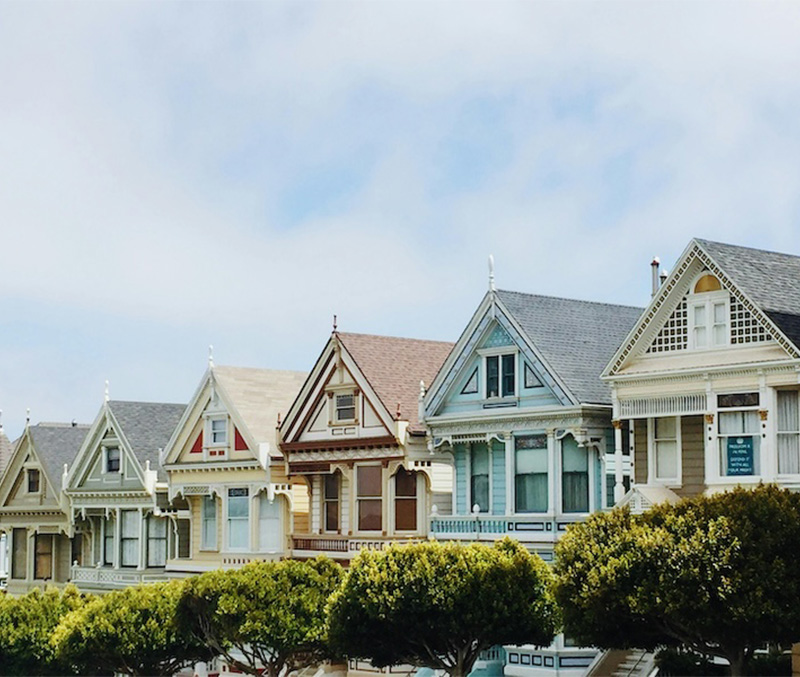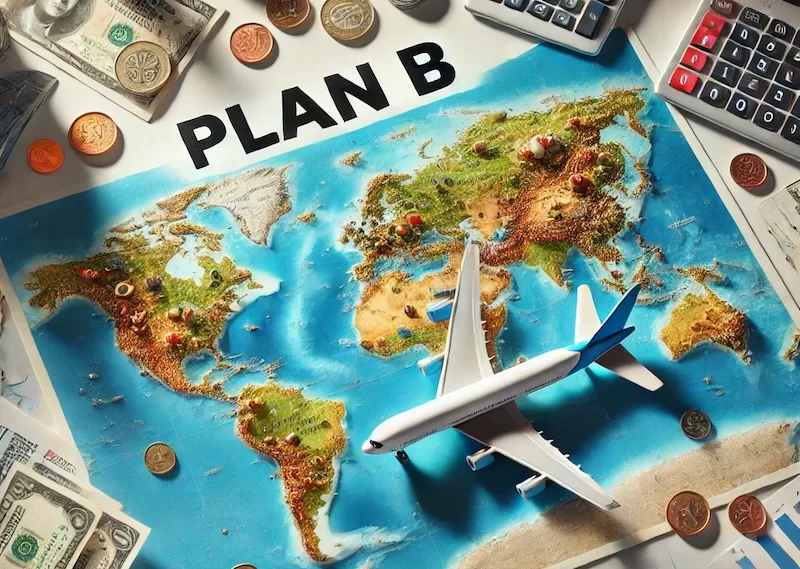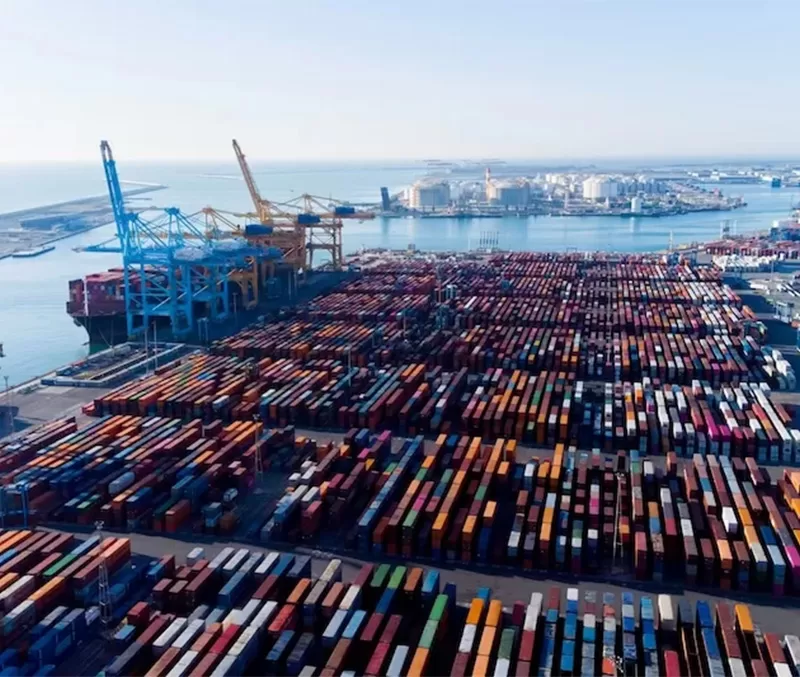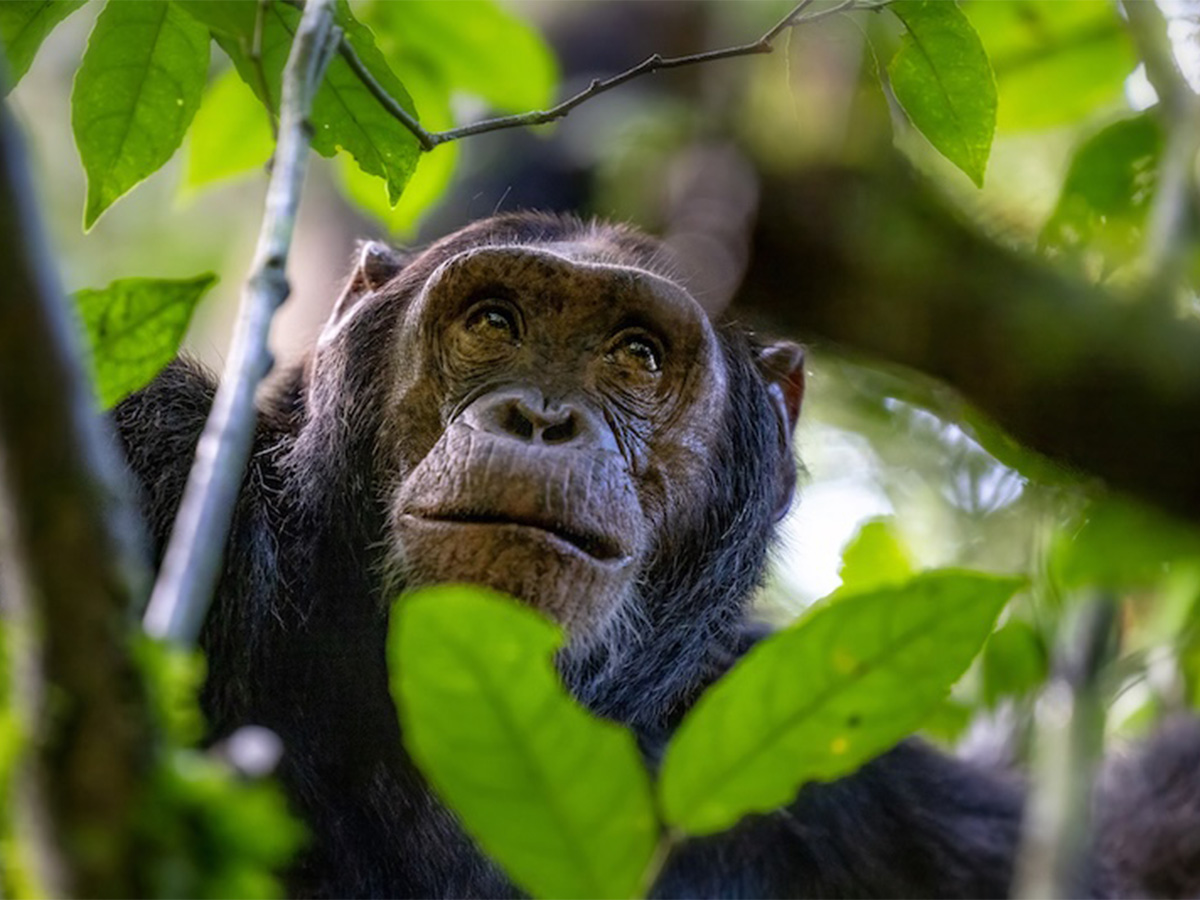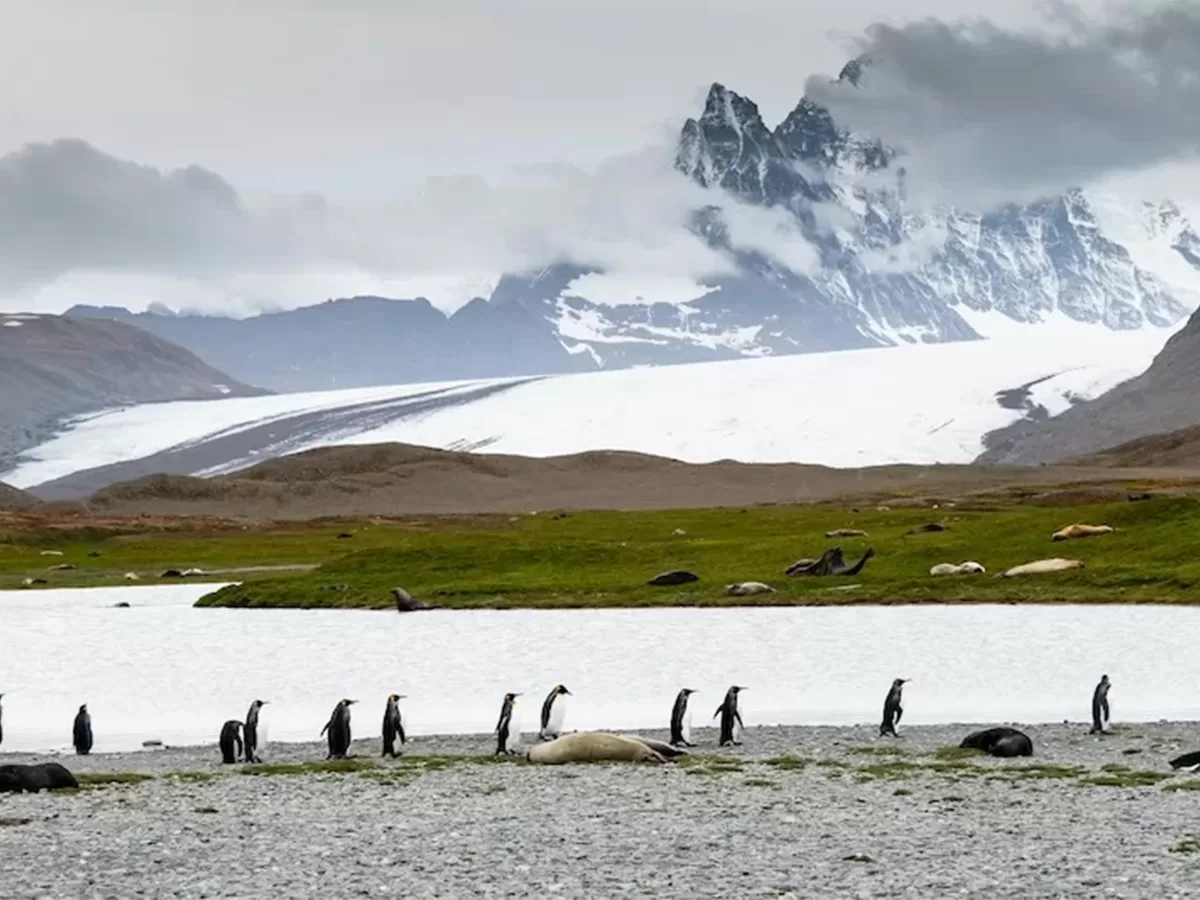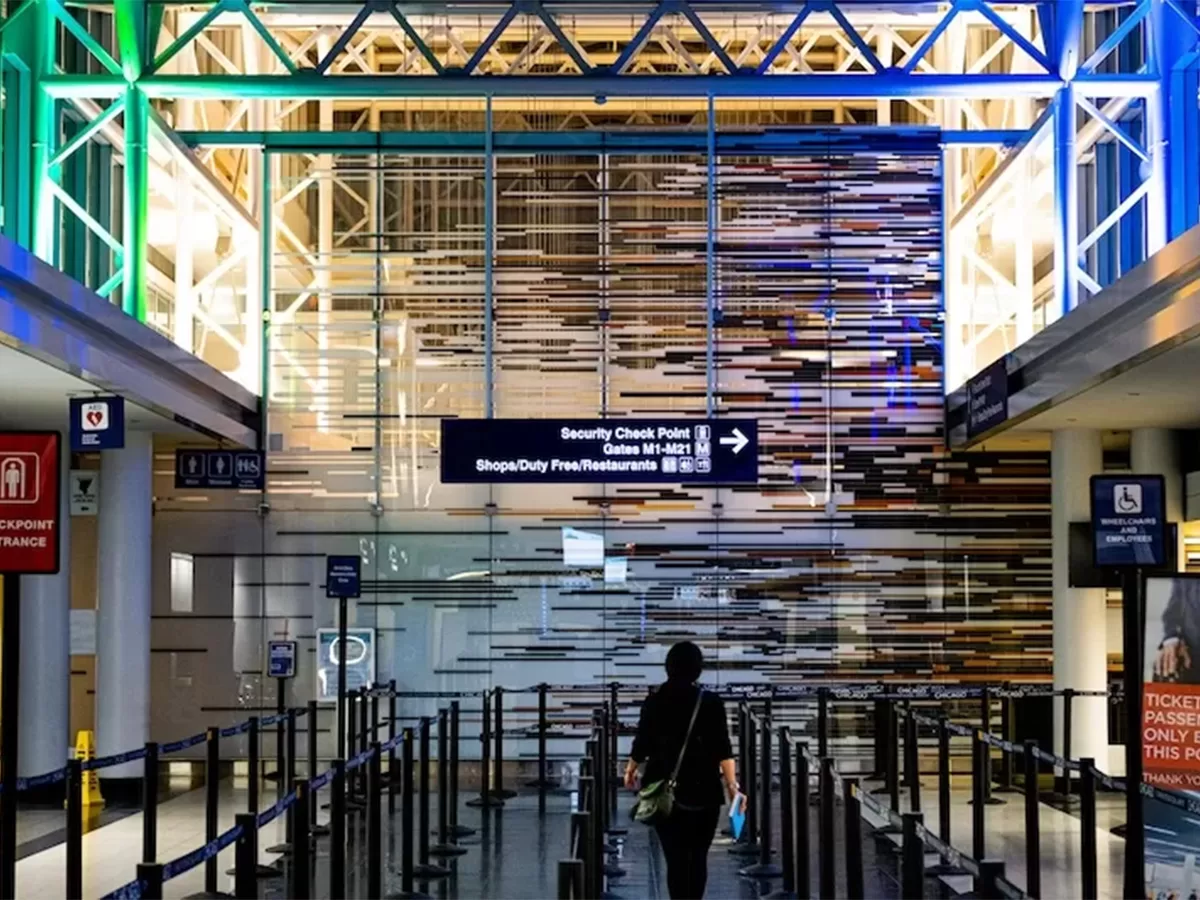Puerto Rico has always been sort of an estranged cousin to the U.S. The U.S. claims Puerto Rico as a part of their governmental reach, but hasn’t extended the offer of being a full-fledged state. They’re like that one relative you know you’re related to but never see, and you never see them because no one ever invites them to the family events! That’s sort of how Puerto Rico has been for the past century; related to the U.S., but not allowed to participate in any of the “family” activities. Well, Puerto Ricans are hoping to change that by achieving statehood.
On June 12, Puerto Rico held a non-binding referendum that asked if the commonwealth should vie for statehood within the U.S. The referendum came back with majority support for statehood. However, there is a lot more to the process. That referendum only determined that the Puerto Rican people seem to support a bid for statehood, and that the Puerto Rican government should therefore apply for statehood. The keyword there being “should” – the referendum was non-binding, so technically the Puerto Rican government doesn’t actually have to do anything. In addition, just because the Puerto Rican government chooses to seek statehood doesn’t meant that the U.S. will approve that request. The U.S. Congress will need to approve Puerto Rico as a state, if they choose to pursue that.
This isn’t the first time that Puerto Rico has proposed the idea of statehood to its people. In 1967, 1991,1993, 1998, and 2012, referendums were held asking whether or not Puerto Rico should look towards statehood. It wasn’t always popular, only reaching a majority support for statehood in 2012, and now again in 2017. This most recent referendum, however, is different.
Of course, as pointed out above, this was the second time that the statehood referendum has come back with majority support. Even though the referendum only had a 23% voter turnout, this is still significant. The other aspect that makes this most recent referendum different from previous ones is Puerto Rico’s financial state. Put simply, the commonwealth is broke. The Puerto Rican government filed for municipal bankruptcy in May of 2017 and is currently $70 billion in debt. This represents the largest municipal bankruptcy in U.S. history. Considering their 2013 GDP was only $103 billion, this is a huge amount of debt for such a small government to hold.
Certainly, Puerto Rico is looking towards statehood first and foremost to solve their money problems. However, there are other benefits to statehood for Puerto Rico as well. Becoming an official state would grant Puerto Rico two senators, as well as several representatives in the house. This is a huge benefit and would give the commonwealth much greater influence in Washington, where their representatives could lobby for more and stronger policies to benefit the island. Puerto Rican citizens are also currently not allowed to vote in the presidential election, though they can vote in presidential primaries.
While there are many upsides for Puerto Ricans if their nation becomes a U.S. state, none of these matter unless Congress approves their bid. This doesn’t seem too likely. First of all, the debt situation is central to Puerto Rico’s desire for statehood. Yet, on this issue, the Administration has come out and said they would offer no help. Trump himself stated in an interview in early May that, “I wouldn’t bail them out.”
The decision is ultimately up to Congress and not Trump, though this fact doesn’t bode too well for Puerto Rico either. Considering the U.S. Congress is controlled by the Republicans, and Puerto Rico would most likely end up as a Democratic stronghold, approval from Congress for Puerto Rico’s statehood doesn’t look too good. Still, nothing can be said for certain, and this time around could spell statehood for Puerto Rico.
Maybe they’ll finally get invited to the family picnic after all…
[amazon_ads ads=1]
[amazon_ads ads=2]
[amazon_ads ads=3]
[amazon_ads ads=7]
[amazon_ads ads=5]
[amazon_ads ads=6]



